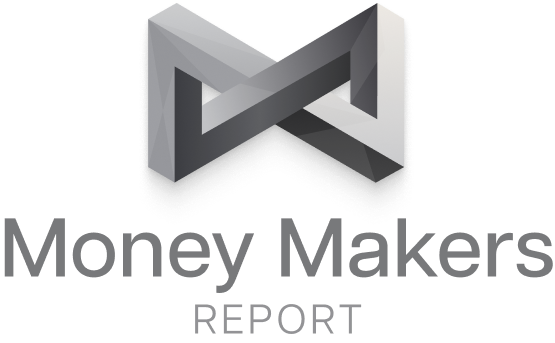
Can the Upcoming South Africa Elections Swing In Favor of Crypto?
South Africa’s approaching elections are unlikely to disrupt the country’s progress in the realm of digital assets, according to several members of the crypto community.
The recent establishment of a licensing regime for cryptocurrencies by the Financial Sector Conduct Authority (FSCA) positions South Africa as one of the pioneering African nations in this area.
As part of this regime, the FSCA is preparing to issue 60 licenses to crypto firms in the coming weeks, with Luno, Zignaly, and VALR already being granted licenses.
The FSCA in South Africa has approved 75 institutions as crypto asset service providers (CASPs) pic.twitter.com/ipV7aLtgTR
— Kashif Raza (@simplykashif) April 24, 2024
South Africa’s Crypto Regulatory Efforts
South Africa expanded the scope of its Financial Advisory and Intermediary Services Act in 2022 to encompass crypto providers, enabling the regulation of digital assets as financial products.
“This signals a forward-thinking approach to regulating the crypto space, aligning with global trends and acknowledging the growing significance of blockchain technology in modern finance,” stated Maurice Crespi, a partner at Schindlers Attorneys, a law firm based in South Africa.
On May 29, South Africa will elect its president.
While the African National Congress (ANC) has held a dominant position for the past three decades, its majority is now being challenged.
Consequently, the ANC may have to form a coalition, potentially including the opposition party, the Democratic Alliance, and the far-left Economic Freedom Fighters party.
Nonetheless, Mpumelelo Ndamane, CEO of South Africa-based crypto wallet provider Nuud Money, believes that political dynamics will not interfere with the country’s crypto policies.
“We’ve been pretty stable over the past 30 years when it comes to ensuring the [South African Reserve Bank] and FSCA are independent of politics. It won’t affect the crypto policy.”
South Africa to Explore Use Cases for Stablecoins
South Africa’s National Treasury has recently indicated that its Intergovernmental Fintech Working Group will explore use cases for stablecoins and consider policy and regulatory responses throughout the year.
The group will also examine the impact of tokenization on domestic markets and plans to publish a discussion paper outlining the regulatory implications of tokenization and blockchain-based financial market infrastructure by December.
Tokenization refers to the representation of real-world assets on a blockchain.
John McCarthy, the General Counsel for Global Regulatory Affairs at Fireblocks, expressed his opinion on South Africa’s approach.
“I think that in South Africa, in particular, the work that has been done on digital assets has been to address problems that in many respects are apolitical, and the approach they’ve taken has been apolitical as well. It’s also been through an intergovernmental working body, much of which is inherently apolitical.”
A survey conducted in 2017 revealed that 47% of South Africans had either invested in cryptocurrencies or expressed an interest in doing so.
Additionally, Bitcoin wallet downloads in the country experienced a 100% increase in the same year.
In 2020, crypto exchange Luno reported that South Africa had the third-highest level of crypto ownership worldwide, reaching 13%.
Meanwhile, as crypto adoption continues to rise, South African companies are actively embracing cryptocurrencies.
Stitch, a South African payments infrastructure firm, introduced “Pay with Crypto” last year, enabling customers to use cryptocurrencies for purchases.
The post Can the Upcoming South Africa Elections Swing In Favor of Crypto? appeared first on Cryptonews.
